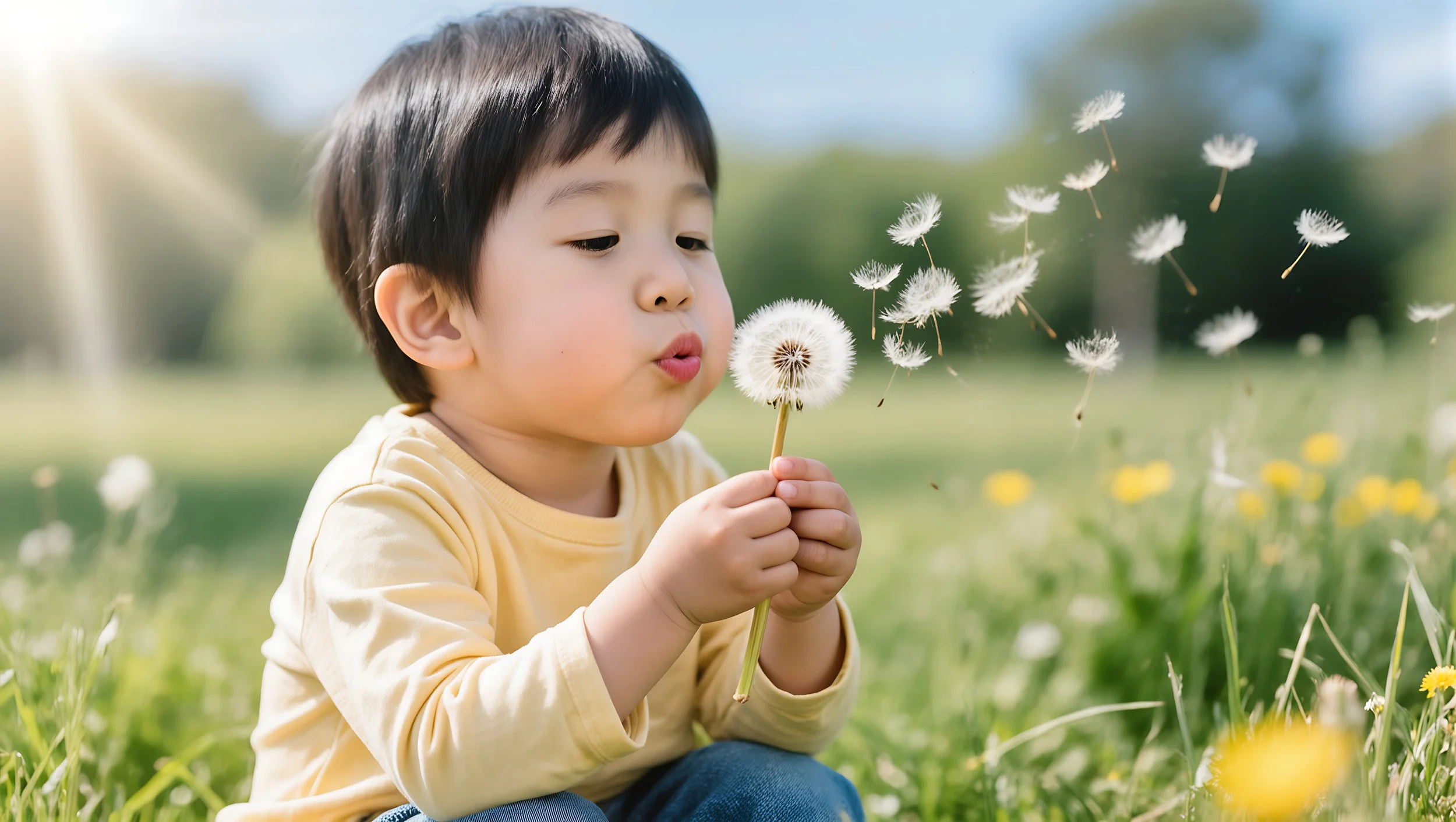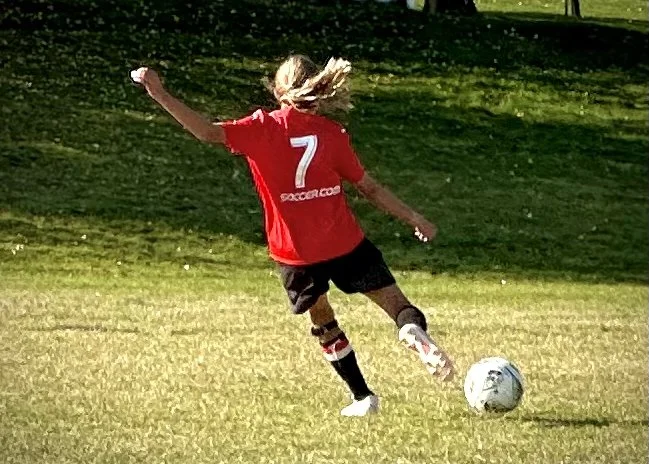
I will not follow where the path may lead, but I will go where there is no path, and I will leave a trail.
- Muriel Strode
ADHD
Trauma
Coping Skills
Grief/Loss
School Avoidance
Life Transitions
Parenting Support
Anxiety/OCD
Social Anxiety/Selective Mutism
Depression/Mood Disorder
Anger/Stress Management
Self-Esteem/Confidence Issues
Behavioral Challenges
Social/Relationship Challenges
Some concerns I can help with:
Play therapy
Mindfulness
Cognitive-Behavioral Therapy (CBT)
Interpersonal Therapy
Trust-Based Relational Intervention (TBRI) - trained
Eye Movement Desensitization and Reprocessing (EMDR) - trained
Trauma Focused Cognitive Behavioral Therapy (TF-CBT) - trained
Some ways I can help:
Dialectical Behavior Therapy (DBT) - trained
Behavior Modification
Object-Relations & Attachment Approaches
Parent Child Interaction Therapy (PCIT) - trained
Filial Therapy
Family therapy
Group therapy
Disclaimers
You should always consult with a qualified mental health professional to address your specific situation. Information on this website is for educational and informational purposes only. It does not constitute psychological advice or create a psychologist-client relationship.
Children
Play is more than fun—it is also the natural way children communicate. Unlike adults who rely on words to manage feelings and challenges, children more often express themselves using toys, art, storytelling, and movement. This difference in communication style is normal and important for healthy brain development.
Play therapy combines developmentally-appropriate tools/techniques with a clinician with specialized training. It is an evidenced-based treatment with strong scientific support. The play therapist provides a supportive space where your child can use their preferred “language” to explore thoughts and feelings and to work through challenges. Treatment is shaped by a child’s unique needs and strengths as well as their developmental level. Connecting with their inner world through play allows youth to approach painful and difficult experiences in a way that feels safe, familiar, and engaging.
Play therapy helps children feel seen and heard while they practice expressing themselves. Whether they feel anxious, angry, sad, or confused or are trying to understand big changes in their lives, play provides a way to make sense of complicated experiences they lack the words to express. Big feelings and creativity are welcomed and encouraged, allowing healing to begin one playful step at a time. Through play therapy, youth develop healthy ways to show and cope with their feelings, tolerate stress, and learn new ways to solve problems. It also can help children strengthen self-confidence and social and communication skills.
Parents are important to the play therapy process as well. While children provide the window to their inner world through play, adults shed light on their outer world. Regular communication between the play therapist and caregivers about events, challenges, and successes between sessions is key. Frequent check-ins help with personalizing treatment based on current symptoms and concerns, with setting realistic and helpful goals, and with tracking improvement.
Dr. McGee has provided play therapy services to children for almost three decades. She is passionate about helping young children express their feelings and concerns in their own way. She recognizes and fosters an environment where youth can feel safe and connected. As their brains become more regulated emotionally, she provides opportunities for them to learn and grow in a way that is natural and enjoyable.
To live will be an awfully big adventure.
- JM Barrie
Tweens
Older children and young teens often benefit from creative, hands-on approaches designed with their unique needs and preferences in mind. As we grow and develop, so do our tools for self-expression. Use of imaginative activities (e.g., art, story-telling, etc.) remain powerful ways of communicating, connecting, and problem solving. Tweens begin using language to share their inner world more often, but traditional “talk” therapy may still feel awkward. This age group is juggling a lot as they learn about who they are as people separate from family and friends with their own shifting beliefs, feelings, and experiences. At the same time, they face peer pressures, academic demands, and budding needs for independence.
Play-based, expressive interventions provide natural paths for exploring thoughts, feelings, and beliefs in ways that feel more comfortable and less intimidating for tweens. This helps create safety and meaning in therapy and provides opportunities for youth to engage in safe and healthy risk-taking, preparing them for adolescence and young adulthood. Through imaginative interventions, they have space to be curious and to try on different emotions and ideas which helps them to grow, learn, and think more flexibly. With practice, youth gain understanding of themselves and others and develop skills for tackling life’s challenges.
Dr. McGee recognizes that tweens are growing into their personal ways of exploring and relating with the world. She understands each youth will have their own unique needs for feeling safe, connected, and ready to learn. She may provide or suggest activities and exercises based on a youth’s current level of safety and belonging to build trust, deepen connection, and learn more about themselves and their world. Examples of these types of interventions might include art activities to express internal experiences that may be hard to put into words. Board/card games can provide structure, reduce emotional intensity, improve mood, increase self-awareness, and build coping and problem-solving skills. Storytelling and role-play activities assist with working through feelings; exploring problems; and strengthening insight, perspective-taking, and relationship skills. Mindfulness, movement, and nature-based exercises can increase self-awareness and reduce stress. Activities focused on music and/or writing provide outlets for expressing feelings, building coping skills, and strengthening identity. Whether engaged in activity or conversation, Dr. McGee focuses on respecting a youth’s preferences and experience while fostering their ability to steer sessions in meaningful ways. Mindful of presenting concerns, she remains attuned to a youth’s readiness to discuss connections between what is important to tweens and to their parents.
I am not afraid of storms, for I am learning how to sail my ship.
- Louisa May Alcott
Teens and young adults face their own unique challenges and stresses while continuing to navigate the developmental tasks of identity, acceptance, and independence. Relationships become more varied and complex. They brave pressures about planning for life after high school. The transition to “adulting” also requires organizing, prioritizing, and tracking multiple tasks across many areas of life. At the same time, this group often confronts decreased connection with the people, places, and routines that supported them during their younger years. Learning healthy self-care and boundaries while trying to form new social connections can trigger loneliness, confusion, and other intense emotions. Managing health and well-being, time constraints, finances, and household tasks as well as increased awareness of economic, cultural, and spiritual uncertainties can feel overwhelming.
Individual therapy is a safe space to recognize, honor, and respect the emotions and challenges unique to this phase of life as real and important. In therapy, teens and young adults have the space, acceptance, and support to make sense of their thoughts and feelings and to clarify their values and what they find meaningful. Working alongside a therapist provides opportunities to learn healthy strategies for coping and addressing concerns/conflicts that suit their personality, interests, and beliefs. These resources help relieve stress and anxiety; improve mood; strengthen self-awareness and self-compassion; and enhance confidence, communication, and relationship skills.
Dr. McGee believes everyone has inherent gifts, talents, and strengths and the heart, mind, and body have an innate desire to heal. She understands that developmental needs and tasks important for healthy brain development in adolescents and young adults are often misunderstood. Increased emotional intensity and growing needs for novelty, exploration, and peer interaction are natural, healthy expressions of the necessary neurological changes for healthy transition to adulthood. Dr. McGee celebrates and normalizes these changes, working to help teens, young adults, and parents to understand and appreciate their importance. Once teens/young adults understand the purpose of these needs and feel safe and accepted, Dr. McGee assists them with identifying ways to channel their passion, desires for innovation, and risk-taking in healthy ways. This creates the foundation for youth to build strong healthy relationships as well as the courage to successfully launch; to make an impact in their world; and to live full, meaningful lives.
Teens & Young Adults
Not everyone will understand your journey. That’s fine. It’s not theirs to make sense of, it’s yours.
- Unknown
Family Support
Parents are the backbone of the family, and the foundation of society. Yet their dedication, effort, and sacrifice often goes unrecognized and unappreciated. Parents are human, and like all of us, they do the best they can with the skills and abilities they can access in the moment. We all need to feel safe and connected before we can learn and practice new ways of thinking and being. Parents of children with mental health challenges need support and understanding. Raising youth with big feelings and behaviors increases stress and often triggers diverse emotions and reactions in parents and siblings. Trying to manage varied and changing needs for all family members can challenge the strongest coping skills, leaving us feeling “stuck” and uncertain. No one is at their best during times of crisis, as our brains get overloaded. Feeling “stuck” is not abnormal. It’s a signal that we need care, compassion, and encouragement to regulate our thoughts and feelings.
Supporting parents is a key part of Dr. McGee’s work. She knows how much love, effort, and sometimes frustration goes into parenting, especially when our children hurt. Dr. McGee sees parents as experts on their children and family, even during times of struggle and self-doubt. She focuses first on helping parents feel safe, accepted, and connected so they feel ready to learn new ways of caring for youth to complement the skills they already have. Dr. McGee offers information, guidance, and tools to enhance understanding, support emotional well-being, and strengthen bonds and communication within families. Her goal is to identify strategies that honor child and family strengths while supporting and building lagging skills.
Parent/family interventions are tailored to individual needs. For some, regular session check-ins, education, and practicing skills at home may be helpful. Other parents may need support with adjusting to life changes that cause big or unexpected feelings. Some families may benefit from therapies designed to improve connection, communication, limit-setting, and cooperation (e.g., filial therapy, PCIT). Interventions focused on building specific skills (e.g., active listening, boundaries, respect, conflict resolution) may be of service to others. Families sometimes need support with recognizing unhelpful patterns and with creating more positive ways of responding. Regardless of the need, play is often an important element in Dr. McGee’s work. Play is more than “fun.” We learn best through engaging, enjoyable, shared, and meaningful experiences. Through art, storytelling, games, movement, and other activities, Dr. McGee works with families to ease tension; increase joy; promote healing; improve daily functioning; and build strong, resilient relationships.




